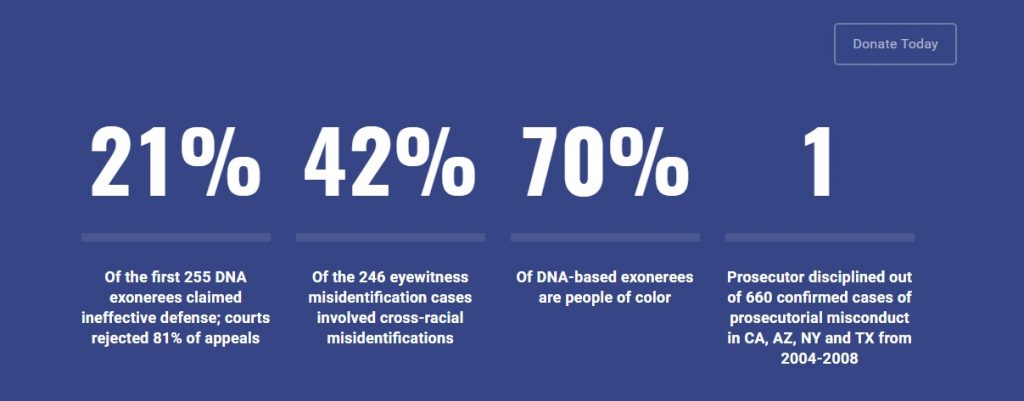BY: Prof. Peter Widulski, Assistant Director of the First Year Legal Skills Program and the Coach of International Criminal Moot Court Team at Pace Law School.
In 1942, while France was under World War II German occupation, a novel telling the story of a murder was published in Paris by the renowned Gallimard publishing house. The author was a Frenchman born and raised in Algeria (at the time annexed by France) who completed a first draft of the novel in 1940 while, at age 26, he was working in Paris. In the decades following the war, this novel would be published in sixty languages and attract considerable attention because of the stark and challenging questions it posed about human violence and criminal justice. Its original title was L’Étranger; its title in English would be The Stranger in American editions and The Outsider in British editions.
The author was Albert Camus. For L’Étranger and other writings, Camus would be awarded the 1957 Nobel Prize in Literature, in acknowledgment of “his important literary production, which with clear-sighted earnestness illuminates the problems of the human conscience in our times.”
The events in the novel take place in Algeria and are narrated by an Algerian Frenchman named Meursault. The novel begins with Meursault learning that his mother, with whom he appears to feel no close attachment, died in a home for the aged to which he committed her, and subsequently attending her funeral, during which he showed no outward signs of grief. Not long afterwards, Meursault fatally shoots a man – identified in the novel only as an “Arab” – who was armed with a knife and was involved in a quarrel earlier that day with one of Meursault’s acquaintances. When pressing for a capital murder conviction, the Prosecutor uses testimony he construes as showing Meursault’s lack of feeling for his mother to portray him to the jury as a heartless man who callously killed the victim. Narrating the course of his trial and its immediately preceding events, Meursault is laconic, focused primarily on the present, and apparently detached from any of the connections to family, religion, or culture that support human life. It is not until he is condemned to decapitation by guillotine that Meursault dispenses with previous pedestrian and random observations and, with relentless honesty, becomes seriously focused on his fate and his confrontation with death.
In a novel published in Algeria in 2013 – some seventy years after publication of L’Étranger – Kamel Daoud, an Algerian writer and journalist, creatively revisits the events portrayed in L’Étranger. Daoud’s novel is narrated, many years after the crime, by the brother of Meursault’s victim. The narrator provides the reader with an account of his brother’s life and personality and reflects on the effects his brother’s murder had on him, his family, and his community. Issues regarding colonialism in Algeria, which are present but at times below the surface in L’Étranger, come to the fore in Daoud’s novel. The book, which has been translated from French into English under the title The Meursault Investigation, has received several literary awards, including the 2015 Prix Goncourt du Premier Roman for a novel written in French as an author’s first novel.
Recently, Alice Kaplan, the John M. Musser Professor of French and chair of the Department of French at Yale University, published Looking for The Stranger: Albert Camus and the Life of a Literary Classic (University of Chicago Press 2016). The book provides a fascinating account of Camus’ life and work, including his early career as a newspaper reporter covering criminal trials in Algeria and his work as a writer for a French underground journal supporting resistance to the Nazi occupation. Kaplan details the complicated series of the events involved in getting L’Étranger published in occupied France and discusses the book’s reception in the post-war years. She also comments on the perspective Daoud takes in The Meursault Investigation.
Kaplan’s book, when read together with the novels of Camus and Daoud, provides the reader with insight into an important chapter in intellectual and literary history, and with searching consideration of several criminal justice issues, including prosecutorial manipulation of character evidence, cross-cultural violence, and capital punishment.

